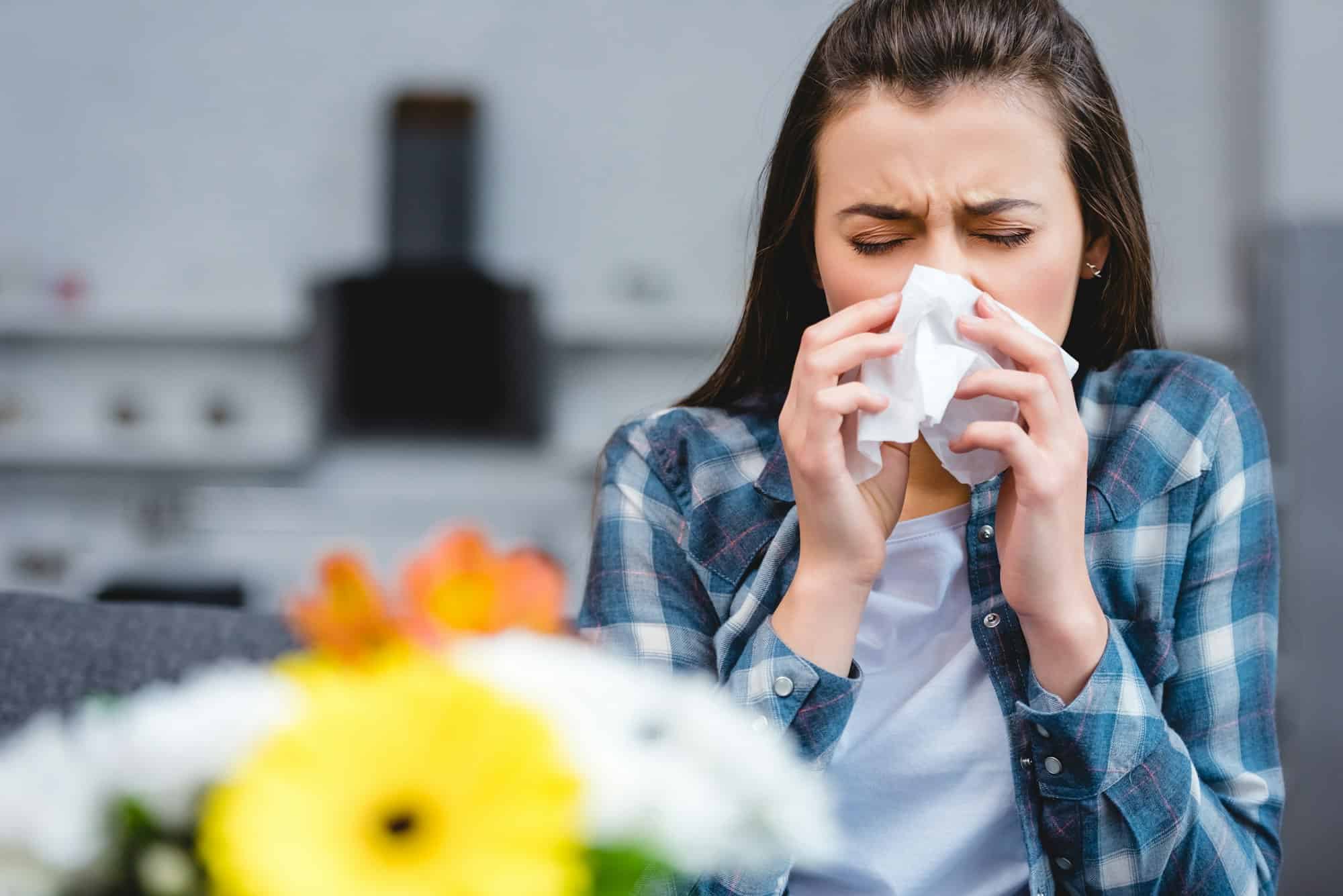Allergies affect millions of people worldwide, causing symptoms like sneezing, itching, and congestion. While medications can provide temporary relief, there are various natural and holistic approaches that can help manage and reduce allergy symptoms in the long term. In this blog post, we’ll explore effective strategies for treating allergies, including lifestyle changes, dietary adjustments, and natural remedies. We’ll also address common questions and misconceptions about allergy treatment.
Understanding Allergies
Allergies occur when the immune system overreacts to substances such as pollen, pet dander, mold, or certain foods. These substances, known as allergens, trigger a range of symptoms that can impact daily life. Understanding the causes and symptoms of allergies is the first step in finding effective treatment.
Lifestyle Changes to Manage Allergies
-
Reduce Allergen Exposure
- Keep Windows Closed: During high pollen seasons, keep windows closed to prevent allergens from entering your home.
- Use Air Purifiers: Invest in high-quality air purifiers to reduce indoor allergens like dust mites and pet dander.
- Clean Regularly: Regular cleaning, including vacuuming with HEPA filters and washing bedding in hot water, can help minimize allergen buildup.
-
Maintain a Clean Environment
- Dust and Vacuum: Dust surfaces and vacuum frequently to remove allergens from your home.
- Reduce Clutter: Minimize clutter where dust and allergens can accumulate.
- Control Humidity: Use dehumidifiers to maintain a humidity level below 50% to prevent mold growth.
-
Pet Care
- Bathe Pets Regularly: Regularly bathe and groom pets to reduce dander.
- Limit Pet Access: Keep pets out of bedrooms and off furniture to reduce exposure to allergens.
Dietary Adjustments for Allergy Relief
-
Anti-Inflammatory Diet
- Include Omega-3 Fatty Acids: Foods rich in omega-3s, such as fish, flaxseeds, and walnuts, can help reduce inflammation.
- Eat Antioxidant-Rich Foods: Fruits and vegetables high in antioxidants, like berries, citrus fruits, and leafy greens, can support the immune system.
-
Avoid Trigger Foods
- Identify Food Allergens: Keep a food diary to identify and avoid foods that trigger allergic reactions.
- Elimination Diet: Consider an elimination diet to pinpoint specific food allergens.
-
Stay Hydrated
- Drink Plenty of Water: Staying hydrated helps thin mucus and reduce congestion.
Natural Remedies for Allergy Relief
-
Saline Nasal Irrigation
- Neti Pot or Saline Spray: Rinsing nasal passages with a saline solution can help clear allergens and reduce congestion.
-
Herbal Supplements
- Quercetin: This natural antihistamine found in onions, apples, and supplements can help reduce allergy symptoms.
- Butterbur: An herb that may help reduce inflammation and relieve nasal symptoms.
-
Probiotics
- Support Gut Health: Probiotics can help balance the immune system and reduce the severity of allergic reactions.
-
Local Honey
- Build Immunity: Consuming local honey may help build tolerance to local pollen and reduce symptoms.
Common Questions About Allergy Treatment
-
Can Allergies Be Cured?
- While there is no cure for allergies, symptoms can be managed effectively with the right strategies and treatments.
-
Are Natural Remedies Safe?
- Natural remedies can be safe and effective, but it’s important to consult with a healthcare provider before starting any new treatment, especially if you have existing health conditions or take other medications.
-
How Long Does It Take for Treatments to Work?
- The effectiveness of treatments varies from person to person. Some may experience relief within days, while others may take weeks or longer to see significant improvements.
-
Can Diet Affect Allergies?
- Yes, diet plays a crucial role in managing allergies. An anti-inflammatory diet can help reduce symptoms, while identifying and avoiding trigger foods can prevent reactions.
Conclusion
Treating allergies involves a combination of lifestyle changes, dietary adjustments, and natural remedies. By reducing allergen exposure, maintaining a clean environment, and supporting your immune system with proper nutrition and natural treatments, you can manage and reduce allergy symptoms effectively. If you’re struggling with allergies, consider consulting a healthcare provider to develop a personalized treatment plan. Take control of your allergies today and improve your quality of life.




